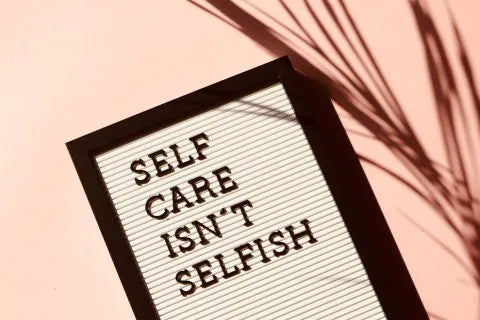Erectile Dysfunction Facts and Myths

It is a fact that as men get older, they may need more physical stimulation to achieve an erection, and may even need more time between erections. These facts, by no means, imply that a man would have an erectile dysfunction condition. The definition of erectile dysfunction is the inability to achieve or maintain a strong enough erection to have intercourse. However, the definition alone isn’t enough to distinguish the erectile dysfunction facts from the erectile dysfunction myths. There can be a lot of missing information from the facts, and being unable to distinguish the facts from the myths can prevent you from seeking the healthcare you need in a timely manner. With an informed approach, you may be able to use your ED symptoms as a way to discover the early stages of other health issues.
The Common Myths
ED Has a Discriminating Taste For Handsome Older Men
While it’s true that ED becomes more common as men get older, it is not true that it is simply an “older man’s problem.” Men often report that they have experienced symptoms of erectile dysfunction before the age of 40. Whether these younger experiences are related to stress, or perhaps a bit of overindulging at happy hour, the fact is that as the body ages, erectile dysfunction symptoms become more common. They become more common because as we age, other conditions such as heart disease can present erectile dysfunction as an early symptom. The truth is, erectile dysfunction can affect men of any age, and the reasons will always vary.
If It Happens Once, It’ll Happen Again
While a single occurrence of erectile dysfunction is concerning, it’s not necessarily cause for greater concern. It’s a myth that if erectile dysfunction happens once it will for sure happen again. People have a tendency to overthink things when conditions deviate from what they perceive as normal, which causes stress. For our purposes, this means that overthinking a single instance of erectile dysfunction can cause stress, which can lead to another instance of ED. This is a potentially vicious cycle, and while a single occurrence of erectile dysfunction isn’t fun, the fact is that there’s no reason to stress about it just yet. Experiencing an episode of ED is cause to make a note so you can keep track of additional occurrences. If it persists, have the confidence to speak with your doctor. Having recurring instances of ED may indicate other underlying conditions.
ED Is a Symptom of Prostate Cancer
The facts need to be stated directly with regard to this myth. No, erectile dysfunction is not a symptom of prostate cancer, it is a complication. It is also a common side effect for those undergoing treatment for prostate cancer.
It’s Just Stress
It’s a fact that stress can cause erectile dysfunction. However, these are usually individual circumstances. To be specific, persistent stress causes cortisol to increase. Too much cortisol depletes the body’s ability to properly manage inflammation, which is a major cause of many common diseases and conditions. This means that stress can be both a temporary cause for erectile dysfunction, but also plays a role in exacerbating underlying conditions associated with ED, such as heart disease and diabetes. Learning to manage your stress and keep life in perspective will help you to be in the moment.
Something Is Wrong With Your Penis
We combat this erectile dysfunction myth with the fact that there’s usually nothing wrong with the penis itself. An erection is influenced by blood circulation and other supporting systems that help bring blood to the tissues in the penis. If the blood flow to the penis is restricted for some reason, including a narrowing of the blood vessels which supply the blood, getting and maintaining an erection will be a problem. If you keep track of your instances of ED, you and your healthcare provider will be able to work together to address any underlying issues with your health. This will provide early intervention for not only preventing other health concerns from becoming exacerbated, but also will help manage, and maybe even stop ED in its earlier stages.
I Just Need More Testosterone
As men age, it is common for testosterone to drop. Research shows that often this natural drop in testosterone is not usually enough to cause ED. However, it can be considered as a course of treatment. It doesn’t take long to determine if supplementing testosterone will help with ED. If it doesn’t, researchers suggest that underlying conditions be explored. It’s important to keep in mind that men with low testosterone also show higher rates of cardiovascular incidents. While testosterone treatments do not seem to have a link to prostate cancer, it is extremely important that anyone adding testosterone have their prostate closely monitored. This is especially true for men over 50.
Distinguishing the erectile dysfunction myths from the facts plays an important role in how you approach your own healthcare. While erectile dysfunction in itself is not dangerous, it can play an integral part in helping you identify other, potentially serious underlying conditions. It’s easy to assume the worst when your body begins to change, but if you take the time to know your body, and tend to your wellness, with the help of your doctor you can find your way back to health. Whether you are faced with the early stages of ED or have been managing it for some time, know that you have a variety of options. RX Sleeve wants to help you and your partner get close again. Feel free to contact us so you can talk to an expert about the solutions we offer.
- Tags: penis sleeve




